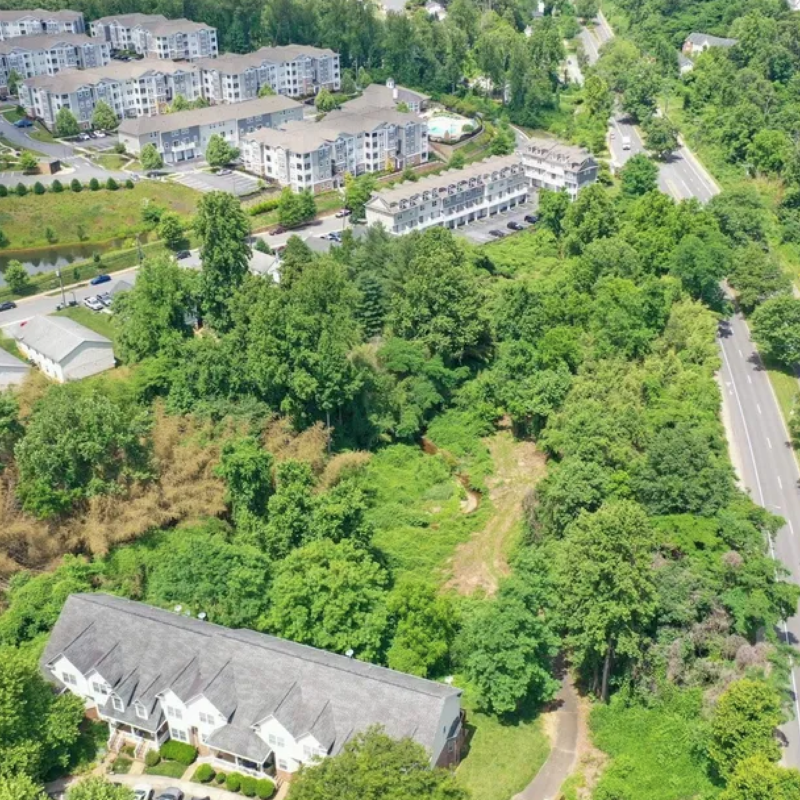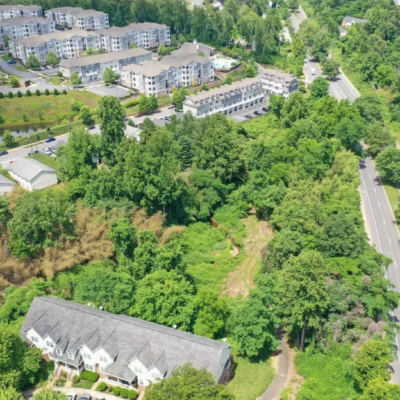By Pete Armetta
opinion@c-ville.com
May was National Mental Health Month. In Charlottesville and statewide, important changes are taking place in the way mental health services are rendered. The traditional model of institutional care has been evaluated; not only is it terribly flawed, but overall it hasn’t best served our residents. Funny how, with all this focus on Region Ten lately (both with its Mews housing project and surprising departure of Director Phil Campbell), there’s been little public discourse on just how we’re doing. How well are we serving those citizens who receive mental health care?
Every family at some time will be touched by a depressive disorder. Per the National Institute of Mental Health, 18.8 million Americans—about 9.5 percent of the population—are affected. In children the rate is reported to be 23 percent. These numbers are telling, as this 2005 study is based on “reportable” figures. According to the National Mental Health Association, 54 percent of Americans believe that even admitting that one is depressed is a personal weakness, and 80 percent of depressed people seek no help. These folks live in our community.
Stigma and discrimination often discourage recovery for those facing mental health challenges. Do you know someone who suffers from depression? Do you know anyone who battles stress and anxiety? Fears about job security or rejection by friends and family are common themes for those who make a decision to find care. It’s a brave person who steps forward for help. There’s no shame in seeking medical expertise
and support for one’s own wellness. With the right care, those living with mental health issues can lead happy and productive lives.
In Virginia, there is a public funding crisis for those receiving treatment. In 1969, Virginia passed legislation that created Region Ten, our Community Services Board. In 2003, $12.5 million was cut by the state from CSB budgets, putting pressure on both Region Ten and UVA. This financial crunch continues. Local nonprofits like the Mental Health Association of Charlottesville-Albemarle, On Our Own, NAMI Blue Ridge Family Alliance and others work tirelessly to fill the gap, helping to support our residents and families. The strain shows in significant ways—it often includes long, undetermined waits for basic services, a lack of short-term acute care beds for individuals in crisis, an average wait time of 42 weeks for supervised housing, and challenges in securing proper medications. Add to this mix the pressure of federal Medicaid cuts, and you can see why the National Association for the Mentally Ill, in a March 6 report, graded Virginia a “D” on mental health. Our community is faced with obstacles.
But there’s positive change on the horizon. The state of Virginia recognizes that services need a dramatic overhaul. Former Governor Warner’s System Transforma-tion Initiative seeks to create “a consumer-driven system of services that promotes self-determination, empowerment, recovery, resilience, and the highest possible level of participation in all aspects of community life.” Practically, this represents a shift from an institutional culture of care to more community-based services, with people making their own treatment choices. Ironically, Region Ten’s former director Phil Campbell was an avid champion of these values. One hopes that Region Ten will choose a new director with a similar philosophy, thereby keeping in line with statewide trends and staying in touch with what’s happening “on the ground” in Charlottesville.
The Charlottesville community is re-sponding to the State’s initiative by participating in programs with, and providing input to, the Virginia Department of Men-tal Health. Grassroots efforts are underway to move forward on creating a more sophisticated support system for individuals who need assistance. There are partnerships between organizations, and outreach to the greater community, often with little or no funding—just a little “legwork.”
Statistics show that, with proper treatment, 80 percent of those diagnosed with a mental illness recover. Local nonprofits operate on shoestring budgets. These organizations depend on an invested community—whether it’s through volunteerism, in-kind donations, program collaborations or financial support—just to continue to serve.
As we near the end of National Mental Health Month, it benefits us all to remember: Our mental health matters.
Pete Armetta sits on the Board of the Mental Health Association of Charlottesville-Albe-marle and volunteers in the local mental health community.




